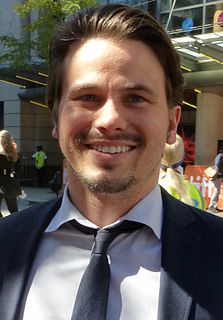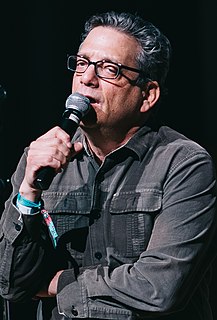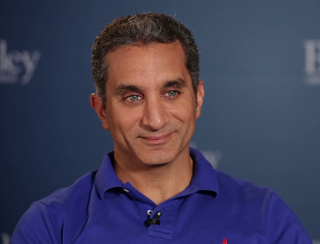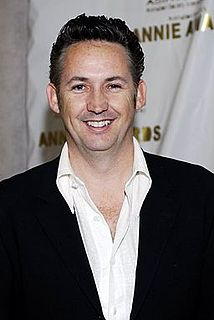A Quote by Jason Ritter
There's a few conspiracy theories that I believe in, but not too many.
Quote Topics
Related Quotes
Because those who hold conspiracy theories typically suffer from a crippled epistemology, in accordance with which it is rational to hold such theories, the best response consists in cognitive infiltration of extremist groups. Various policy dilemmas, such as the question whether it is better for government to rebut conspiracy theories or to ignore them, are explored in this light.
The reason it is difficult is that we have been conditioned to laugh at conspiracy theories, and few people will risk public ridicule by advocating them. On the other hand, to endorse the accidental view is absurd. Almost all of history is an unbroken trail of one conspiracy after another. Conspiracies are the norm, not the exception.
As a historian, I'm sceptical about conspiracy theories because the world is far too complicated to be managed by a few billionaires drinking scotch behind some closed doors. But I do think that the voters are correct in sensing that they're really losing power. And in reaction, they give the system an angry kick.
It's no accident that there is a nexus between Trump, Roger Stone and Infowars and Alex Jones. It's very much an Infowars presidency in many ways. The President is a conspiracy theorist. He has reliably touted conspiracy theories. It's a core part of how he processes the world epistemically. That is deeply, deeply dangerous, and disturbing.



































